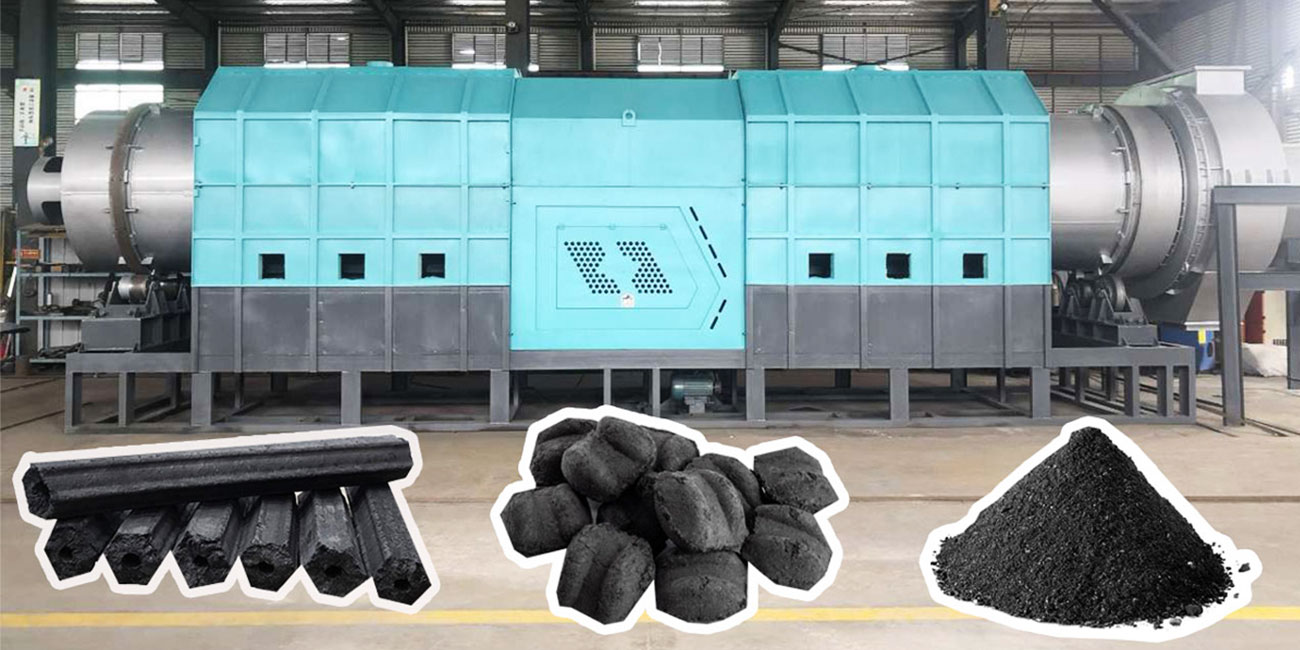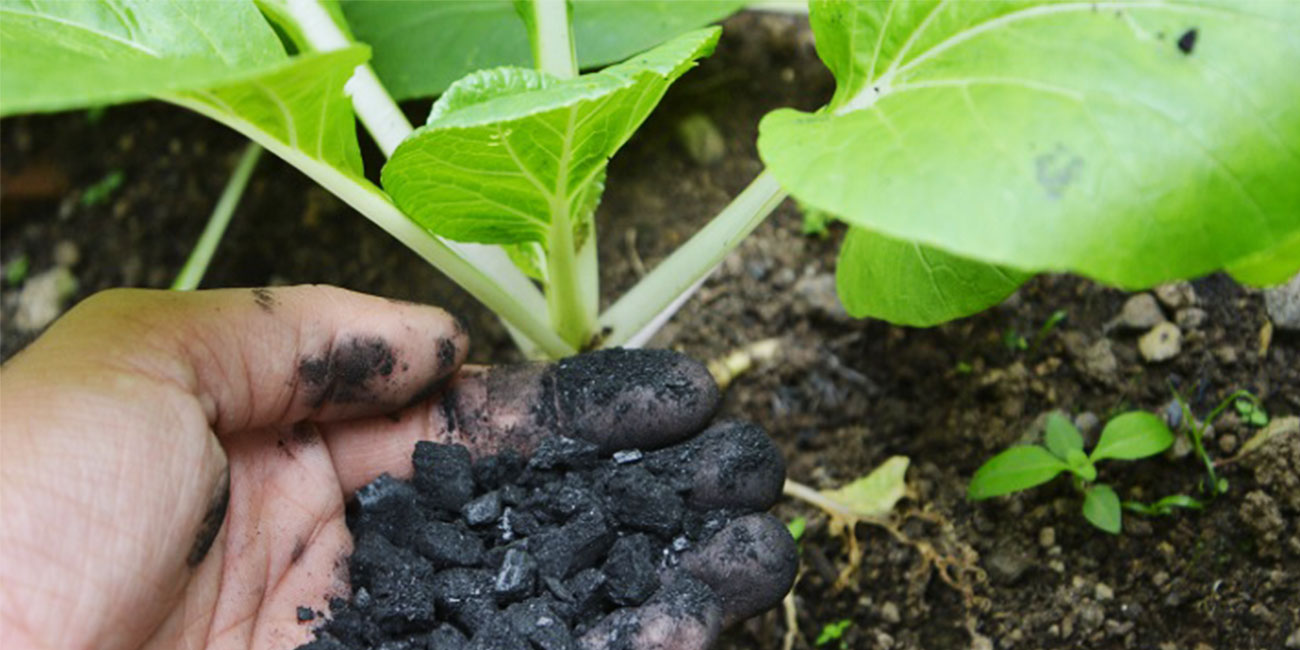Introduction
In recent years, the demand for eco-friendly and sustainable products has surged, driven by growing environmental awareness and the need for responsible resource management. Among these products, coconut shell charcoal stands out as a versatile and sustainable alternative to traditional charcoal. This blog will delve into the workings of coconut shell charcoal making machine, their benefits, market potential, and how investing in this technology can contribute to a greener future.

Understanding the Coconut Shell Charcoal Making Machine
Coconut shell charcoal making machines are designed to convert coconut shells, an abundant and often discarded byproduct of the coconut industry, into valuable charcoal. This process not only provides a sustainable use for coconut shells but also produces high-quality charcoal with numerous applications.
Key Components and Functionality
- Crushing System: The initial stage involves crushing the coconut shells into smaller pieces, facilitating efficient processing in subsequent stages.
- Drying System: The crushed shells are dried to reduce moisture content. Efficient drying is crucial as it ensures better carbonization and higher-quality charcoal.
- Carbonization Furnace: The dried coconut shells are fed into the carbonization furnace, where they undergo pyrolysis. This process involves heating the shells in a low-oxygen environment, causing thermal decomposition and the formation of charcoal.
- Cooling System: The hot charcoal is then cooled to prevent spontaneous combustion and ensure it is safe to handle and store.
- Collection System: The final charcoal product is collected, ready for packaging and distribution.
Benefits of Coconut Shell Charcoal Making Machines
Environmental Benefits
- Waste Utilization: Coconut shells, often considered waste, are transformed into valuable charcoal with charcoal maker machine, reducing environmental pollution and waste management issues.
- Renewable Resource: Coconut shells are a renewable resource, making this form of charcoal production sustainable compared to traditional methods relying on non-renewable wood sources.
- Reduced Emissions: Modern carbonization furnaces are designed to minimize harmful emissions, contributing to cleaner air and a healthier environment.
Economic Benefits
- Cost-Effective: The raw material (coconut shells) is often cheap or free, particularly in regions with abundant coconut production, leading to lower production costs.
- High-Quality Product: Coconut shell charcoal is known for its high calorific value, low ash content, and long burning time, making it a premium product in the charcoal market.
- Diverse Applications: Coconut shell charcoal has various applications, including in cooking, metallurgy, and as activated carbon for water purification, expanding market opportunities.
Operational Benefits
- Efficiency: Modern machines are designed for high efficiency, maximizing charcoal yield from raw materials.
- Automation: Advanced machines offer automated processes, reducing the need for manual labor and increasing production speed and consistency.
- Scalability: These machines can be scaled to meet different production needs, from small-scale operations to large industrial plants.
Market Potential
The market potential for coconut shell charcoal is significant and growing. Several factors contribute to this expanding market:
- Increasing Demand for Sustainable Products: As consumers and industries seek sustainable alternatives, the demand for eco-friendly charcoal options like coconut shell charcoal rises.
- Activated Carbon Market: Coconut shell charcoal can be further processed into activated carbon, which has high demand in water treatment, air purification, and other industries.
- Energy Sector: With its high calorific value, coconut shell charcoal is a preferred fuel source for various industrial and domestic applications.
Business Opportunities
Small and Medium Enterprises (SMEs)
SMEs can benefit significantly from investing in biochar equipment for sale. With lower entry costs and the ability to start with small-scale production, these businesses can cater to local markets and gradually expand.
Large-Scale Operations
For larger businesses, these machines offer the capacity to meet high production demands. By incorporating automated systems and advanced technology, large-scale operations can achieve economies of scale, reducing per-unit production costs and increasing profitability.
Value-Added Products
Businesses can diversify their product offerings by producing activated carbon and other value-added products from coconut shell charcoal. This diversification can enhance competitiveness and open new revenue streams.

Steps to Start a Coconut Shell Charcoal Making Business
- Market Research: Conduct thorough research to understand the demand, competition, and pricing in your target market.
- Business Plan: Develop a comprehensive business plan outlining your production capacity, investment requirements, marketing strategy, and financial projections.
- Choose the Right Machine: Select a Beston Group coconut shell charcoal making machine that suits your production needs and budget. Consider factors such as automation level, capacity, and energy efficiency.
- Secure Funding: Explore funding options, including loans, grants, and investors, to finance your startup costs.
- Setup and Training: Install the machinery and train your staff on its operation and maintenance. Ensure compliance with safety and environmental regulations.
- Marketing and Sales: Develop a marketing strategy to promote your products. Leverage digital marketing, partnerships, and trade shows to reach potential customers.
Sustainability and Corporate Social Responsibility (CSR)
Investing in coconut shell charcoal making machines aligns with sustainability goals and corporate social responsibility (CSR) initiatives:
- Environmental Stewardship: By utilizing waste materials and reducing emissions, businesses contribute to environmental conservation.
- Community Engagement: Engaging local communities in collecting coconut shells can create job opportunities and support local economies.
- Sustainable Practices: Promoting and implementing sustainable practices in production processes enhances brand reputation and customer loyalty.
Conclusion
Coconut shell charcoal making machines represent a significant advancement in sustainable charcoal production. By transforming waste coconut shells into valuable charcoal, these machines address critical environmental issues while offering economic and operational benefits. The growing demand for eco-friendly products presents a lucrative opportunity for businesses to invest in this technology. Whether you’re a small entrepreneur or a large enterprise, coconut shell charcoal making machines can help you contribute to a greener future while achieving financial success.